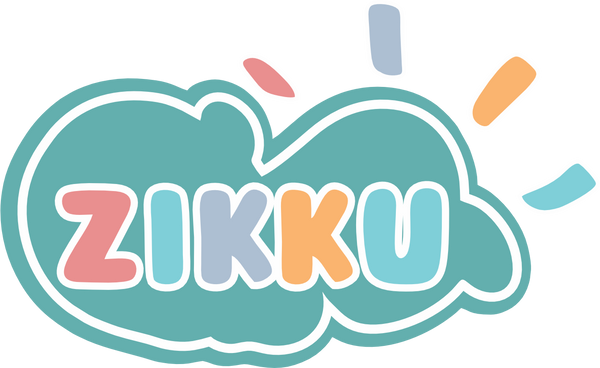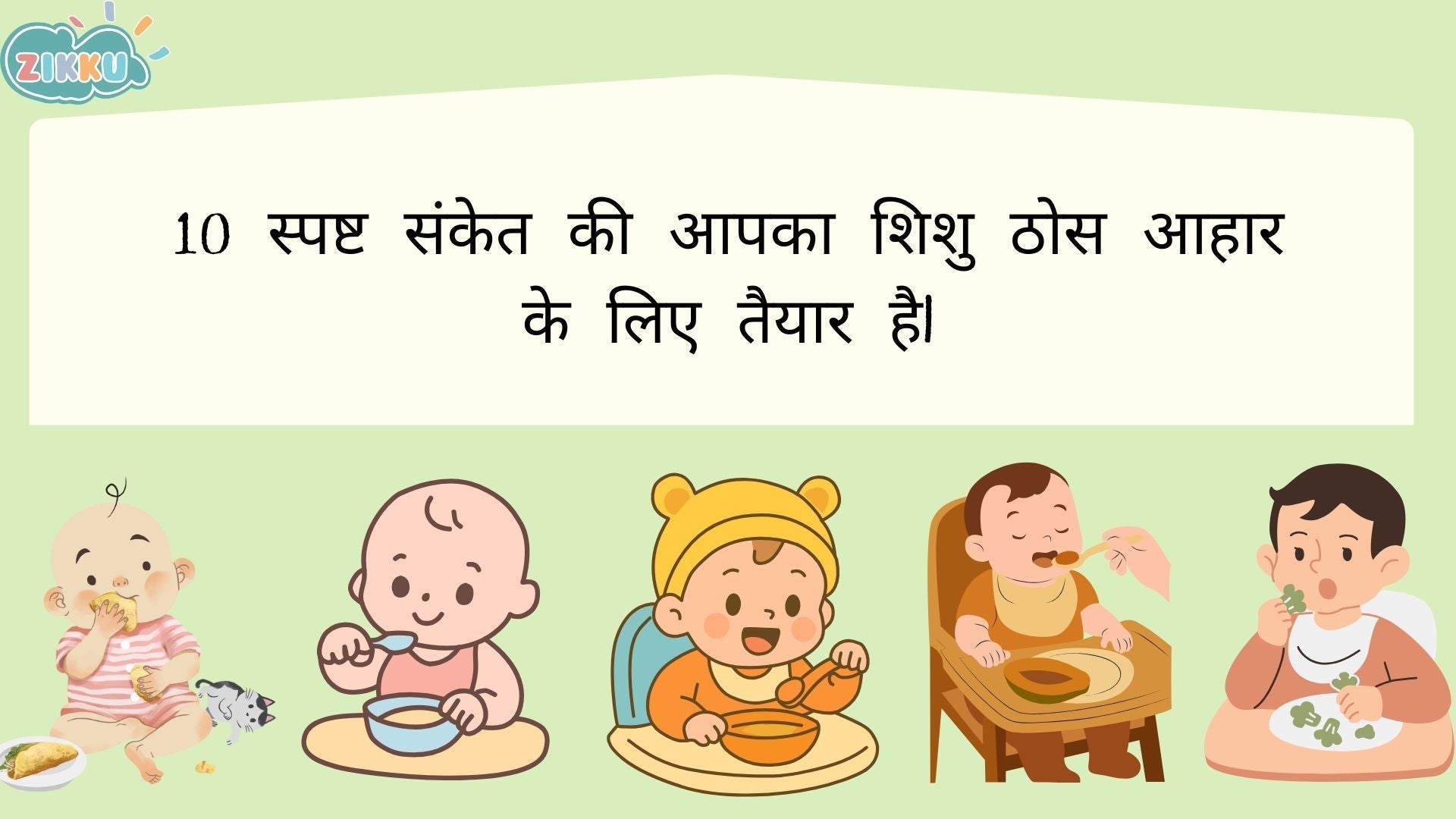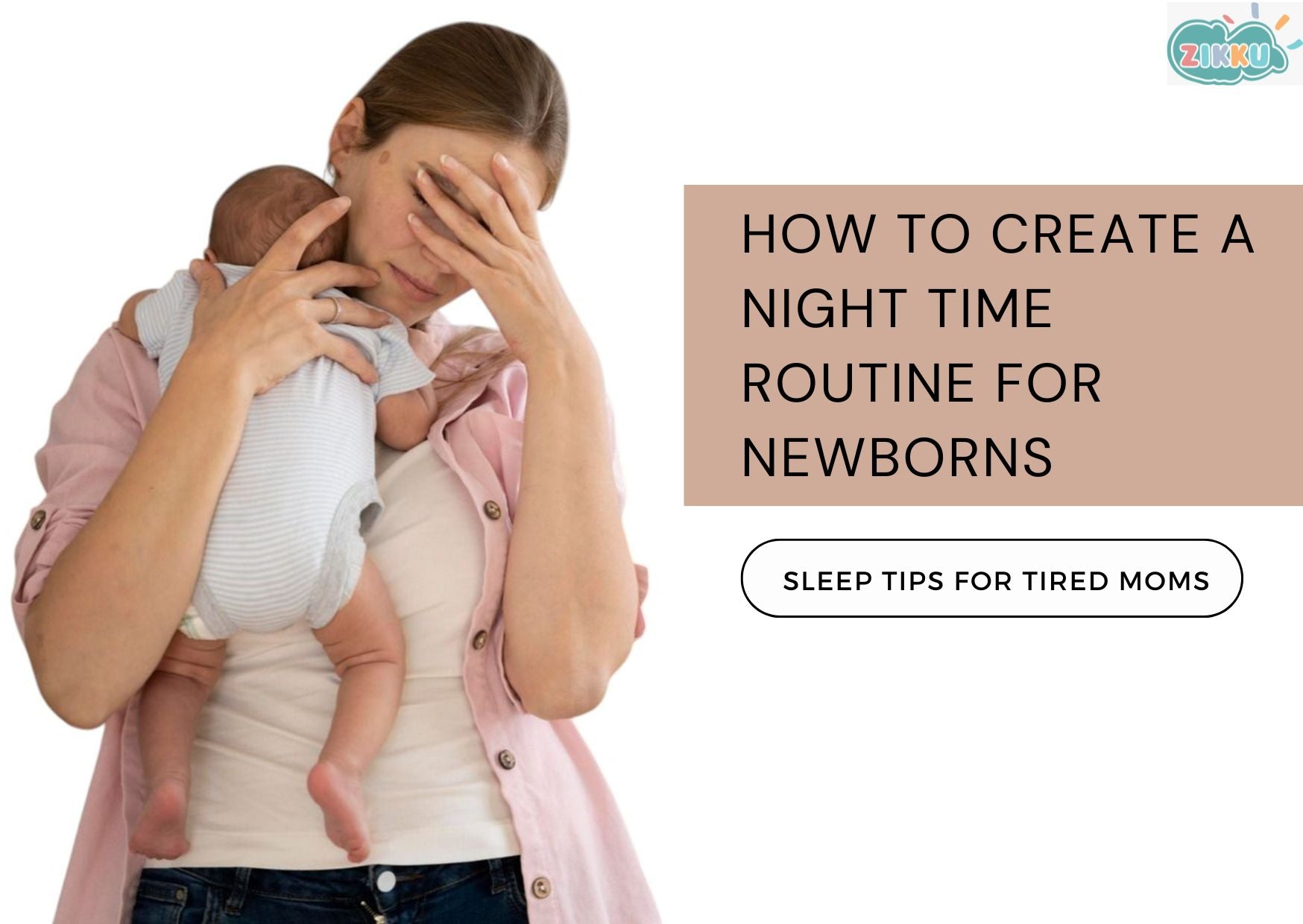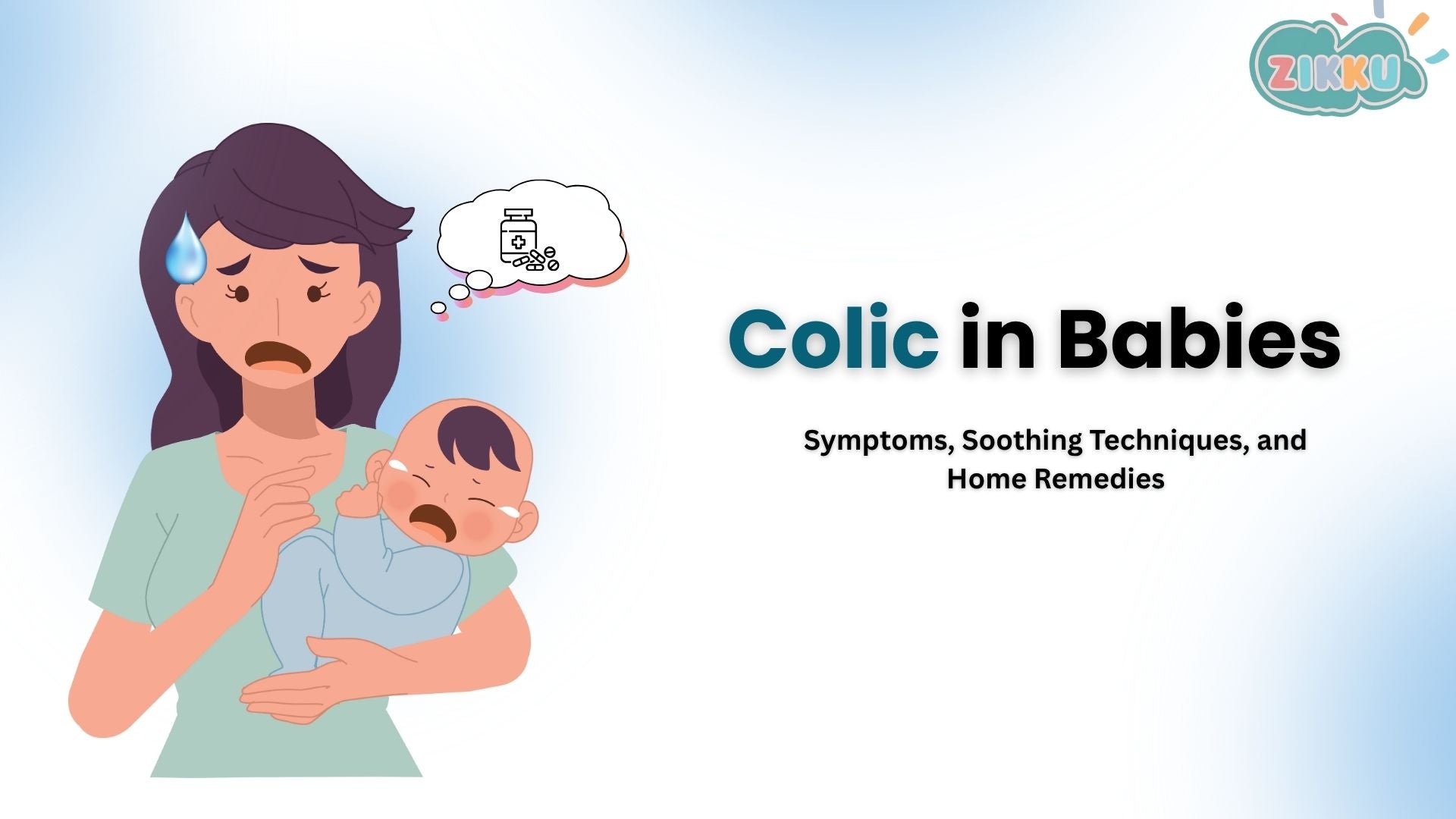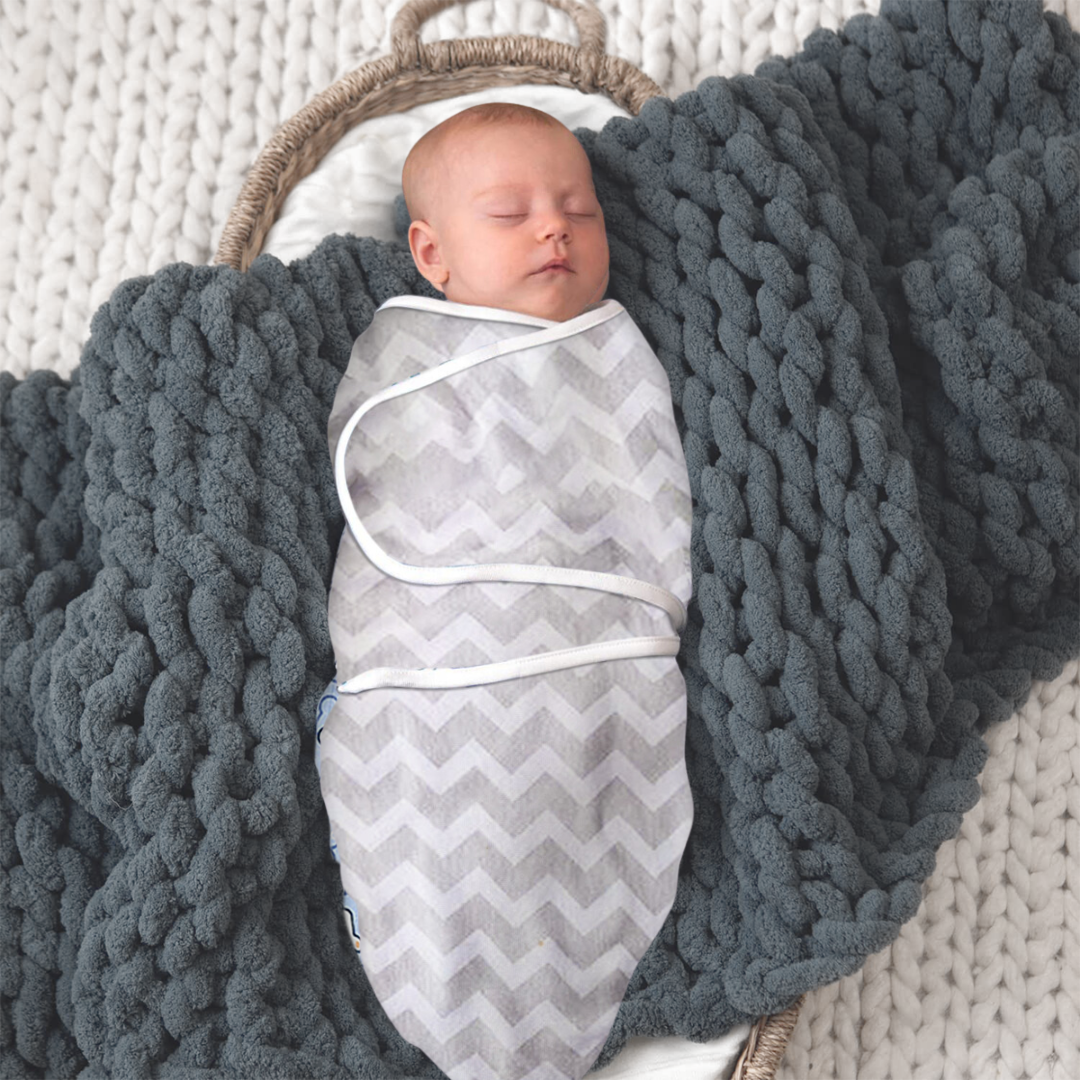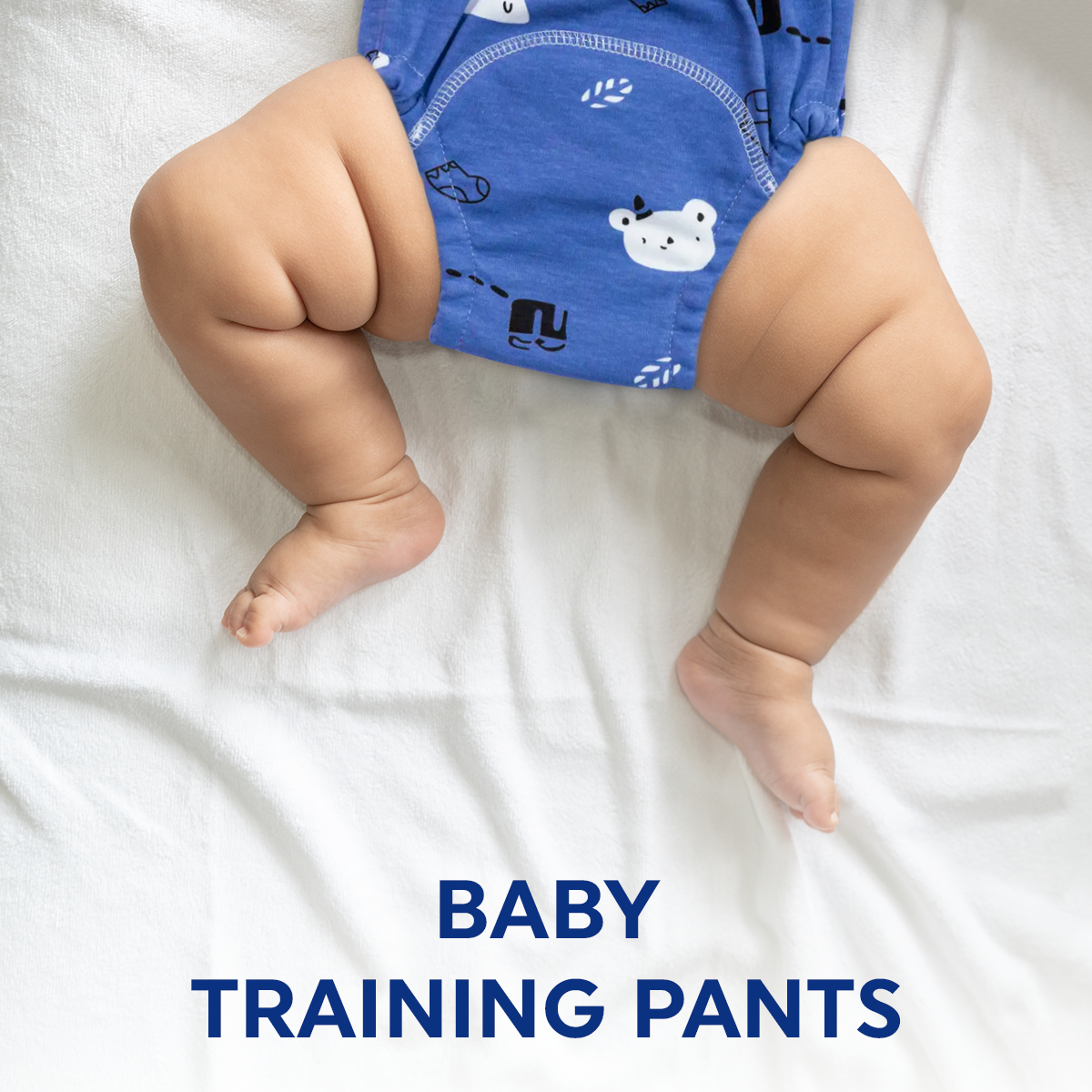When Can Babies Start Drinking Water: A Complete Parent's Guide
- by ["Divyanshi Paliwal"]
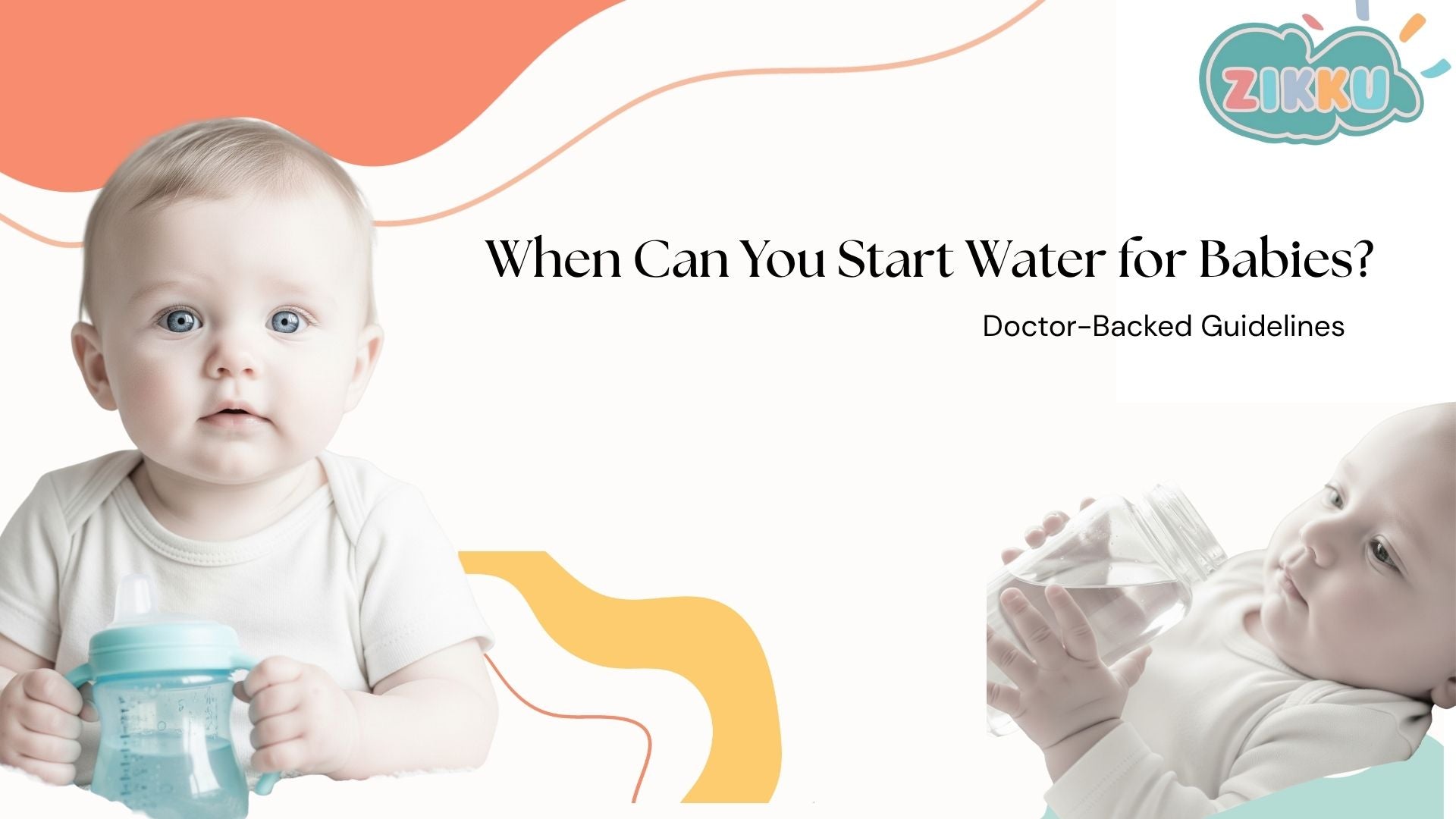
That tiny hand reaching for your water glass melts your heart – but when can babies start drinking water safely? If you're a new parent wondering about this crucial milestone, you're asking exactly the right question. Every parent faces this moment. Your curious 4-month-old stares at your glass with those big, wondering eyes. Your heart melts, but your mind races with questions about safety and timing. Let me share what pediatricians actually recommend about when babies can start drinking water – and why timing matters more than you think.
The Golden Rule: No Water Before 6 Months
Here's the doctor-backed answer: babies should not drink water before 6 months of age. I know it sounds surprising. Water seems so harmless, right? But your baby's tiny body works differently than yours, and there are important reasons why when babies can start drinking water is so specific.
Why Babies Can't Have Water Before 6 Months
Understanding when babies can start drinking water means knowing why earlier isn't better:
- Breast milk and formula provide complete hydration. These feeds are already 80% water, giving your baby all the hydration they need.
- Baby kidneys aren't developed yet. Their little kidneys can't process plain water properly. Too much water can actually dilute their blood and cause serious health problems called water intoxication.
- Water fills their tiny tummy. Water takes up precious space that should be filled with nutrient-rich milk. This can lead to poor weight gain and malnutrition.
- It can interfere with breastfeeding. Early water introduction might reduce milk supply and affect your breastfeeding journey.
When 6 Months Arrives: How to Start Water Introduction
Once your baby hits 6 months and starts eating solid foods, babies can start drinking water safely. Here's how to begin:
- Start with tiny amounts – just 2-4 ounces per day
- Use a sippy cup or regular cup (skip the bottle to avoid confusion)
- Offer water with meals to help with swallowing solids
- Don't worry if they refuse – it's completely normal!
- Choose fluoride-free water for the first few months
Signs Your Baby Needs More Water (After 6 Months)
Once babies can start drinking water, watch for these dehydration signs:
- Darker yellow urine than usual
- Fewer wet diapers throughout the day
- Dry mouth or lips
- Extra fussiness during hot weather
- Constipation (though this can have many causes)
Common Parent Concerns About When Babies Can Start Drinking Water
- "My baby seems thirsty all the time." Before 6 months, this usually means they need more milk, not water. Increased feeding frequency is normal during growth spurts.
- "What about constipation in younger babies?" Extra breast milk or formula helps more than water for babies under 6 months.
- "My friend's baby drinks water already." Every parent makes different choices, but medical guidelines about when babies can start drinking water exist for important safety reasons.
- "What about hot weather?" Even in heat, babies under 6 months get enough hydration from milk. Increase feeding frequency instead of offering water.
Cultural Perspectives and Family Advice
In many families, grandparents suggest giving water earlier. "We gave you water at 3 months, and you turned out fine!" While their love is genuine, medical understanding about when babies can start drinking water has evolved. Today's research shows waiting until 6 months is safer for your baby's developing system. Gently explain that guidelines have changed based on new research about infant kidney development and nutrition needs.
Water Quality Matters: Choosing the Right Water
When babies can start drinking water at 6 months, water quality becomes important:
- Boiled and cooled water is safest for babies under 12 months
- Avoid mineral water with high sodium content
- Water should be tested for bacteria and nitrates
- Bottled water labeled for infants is a convenient option
Creating Healthy Hydration Habits
Once babies can start drinking water, you're building lifelong habits:
- Make it fun. Use colorful cups and let them practice self-feeding.
- Lead by example. Babies love copying what parents do.
- Stay consistent. Offer water regularly with meals and snacks.
- Don't force it. Some babies take longer to accept water, and that's okay.
What About Juice and Other Beverages?
Even after babies can start drinking water, other beverages have different rules:
- Fruit juice: Not recommended before 12 months
- Coconut water: Too high in potassium for babies
- Flavored water: Contains additives babies don't need
- Herbal teas: Most aren't safe for babies under 12 months
When to Consult Your Pediatrician
Contact your doctor if you're concerned about:
- Signs of dehydration after 6 months
- Refusing all liquids including milk
- Excessive water drinking (yes, too much is possible!)
- Questions about your specific baby's hydration needs
Remember, every baby develops differently, and your pediatrician knows your child's unique situation.
Supporting Your Baby's Healthy Development
Understanding when babies can start drinking water is just one part of your parenting journey. Every milestone matters, and your careful attention to these details shows how much you care. From those first sips of water to establishing healthy eating habits, you're giving your baby the foundation for lifelong wellness. The key is patience, consistency, and following evidence-based guidelines that prioritize your baby's safety and development.
Ready to support your baby's feeding journey with quality products? Explore Zikku's feeding essentials designed specifically for growing babies, or follow Zikku for more evidence-based parenting tips that help you make confident decisions for your little one.
